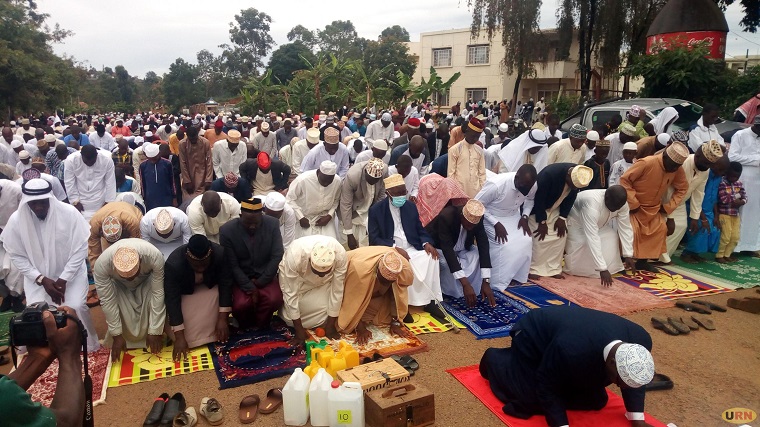
Author: Yahya Sseremba
Source: The Observer
Thinkers have long wondered why Christianity, Confucianism, Islam, Buddhism and Hinduism are called religions while Marxism, nationalism, liberalism, capitalism and football fanaticism are not seen as religions.
Unless this query is addressed, the concept of religion has no analytical value. In other words, there is no basis to say that violence is religious or not religious.
To establish whether the concept of religion is useful for analysing realities like violence, one must explain how the category religion is constituted. In simple terms, it should be clear how one arrives at the judgment that A, B and C are religions while X, Y and Z are not. Two questions must be answered.
First, what do A, B and C essentially have in common that puts them in the same category called religion? Second, how do A, B and C essentially and collectively differ from X, Y and Z such that the two sets cannot belong to the same category called religion?
The definitions of religion that have attempted to answer these questions have ended in incoherent conclusions. Such definitions proceed from the assumption that religion is a self-evident whole comparable to a mountain that one can inspect and assign definite characteristics.
In the previous article, I said that the only way the concept of religion makes sense is when religion is understood as meaning-making as opposed to a stable body of religious phenomena assumed to be intrinsically different from secular phenomena.
Meaning-making implies that religion is constantly in the process of becoming as opposed to being a finished product that can be located and neatly separated from secular things. Approaching religion as meaning-making, as Talal Asad does, allows researchers to overcome the binary between the religious and the secular by seeing how the latter becomes the former and vice versa.
I cautioned that instead of assuming that there is something seated there called religion that causes violence, analysts should ask: when does religion, which is constantly in the process of becoming, become violent?
Such a question would allow researchers to contextualize religion in the circumstances in which it becomes violent instead of imagining that religion is violent because it is religion.
Let me now clarify two points. First, it is said that some religions have certain core teachings that are fixed. Doesn’t this contradict the idea that religion is under continuous construction?
A researcher cannot arrive at a comprehensive understanding of any religion by focusing on its alleged fixed core teachings because the believers contest such teachings.
For example, it is said that the five pillars are Islam’s core teachings. But some researchers note that just one pillar—the declaration that there is no god except God and that Muhammad is the messenger of God—is the only core aspect of Islam.
Yet, others insist that even this pillar is disputed in the sense that some Muslims interpret it in a manner that contradicts its apparent monotheistic meaning and proceed to worship many gods as an Islamic practice.
This is not to mention the Muslim philosophers and some Sufi masters who think that God’s messenger and God’s book are of negligible value to the gifted Muslims who can access directly a “superior” version of God’s truth through reason (for the philosophers) or through inner experience (for the Sufis). Similar views exist in other religions.
Such extensive diversity reflects the parochial scope of any attempt to define Islam—or any other religion for that matter—in terms of its alleged core teachings.
If religion is under continuous construction through meaning-making, how is this meaning produced? In many religions in Africa, meaning-making involves the hermeneutical interface of the believer with the seen and unseen forms or sources of revelation such as the holy books, holy spirit, ancestral spirits, God Himself, and so on.
The second point I wish to clarify relates to the believers who say that they simply follow the revelation (e.g. Qur’an or Bible) as is. Such believers do not consider themselves to be meaning-producers, for they claim that the text is the same as its meaning.
Such claims should be understood well. The Muslims say that they follow the Qur’an as is formulated by a theory of jurisprudence—usul al-fiqh—that guides them to comprehend the law of the Qur’an.
By formulating a theory to make sense of the law of the Qur’an, the Muslims, including the Salafis who accept this theory only partially, imply that the meaning of the Qur’an is not always self-evident. Believers are meaning-makers.
The author is a researcher at Makerere Institute of Social Research.

